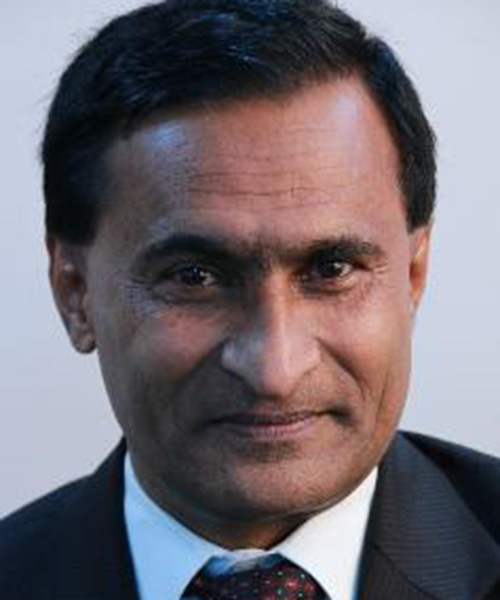Girls' Access to Education in Bangladesh During COVID-19
Showing the Girls' Access to Education in Bangladesh During COVID-19 Video
Wednesday, August 11, 2021
10:00 a.m. - 11:00 a.m. EDT
Location:
Online Zoom Webinar
Girls in Bangladesh face distinctive, detrimental effects linked to the COVID-19 emergencies. Anecdotes and fragmentary data on the impact of the COVID-19 emergencies on girls in Bangladesh are deeply worrying. Bangladesh has been a global success story in improving women’s status so these reports, bolstered by international trends, demand a response. Religious actors, including religious school leaders, play important if largely unexplored roles. A recently published policy brief by the World Faiths Development Dialogue, BRAC University’s Centre for Peace and Justice, and the Berkley Center, “Educating Girls and Countering Child Marriage in Bangladesh: Opportunities for Faith Engagement,” focuses sharply on the COVID-19 pandemic’s impact on gender roles, such as the impact on school shutdowns and rising violence.
This webinar highlighted available knowledge and unanswered questions about the status of education for girls in the wake of the pandemic. It also focused on specific ways in which faith communities, governments, and NGOs can engage to prevent girls from being left behind and explore paths towards a more equitable, high-quality education system as the country emerges from the COVID-19 pandemic. Katherine Marshall, Berkley Center senior fellow; Samia Huq, research fellow at the Centre for Peace and Justice at BRAC University; Sarah Thompson, project manager for Bangladesh at the World Faiths Development Dialogue; and Mokhlesur Rahman, senior operations officer for education at the World Bank, discussed the nature of girls’ education during and post-COVID-19 and explored new opportunities for policy, programs, and faith community advocacy to ensure that in the future girls will be better protected during times of crisis. Dr. Rahman highlighted broad challenges to post-COVID-19 education strategies in Bangladesh, drawing on his experience as World Bank leader for the regional Higher Education Acceleration and Transformation (HEAT) Program. A central focus of the program is to support women's access to quality higher education.
This event was co-sponsored by the Berkley Center for Religion, Peace, and World Affairs at Georgetown University; World Faiths Development Dialogue; and the Centre for Peace and Justice at BRAC University.
Discover similar content through these related topics and regions.
Image Gallery
Image Gallery
/1

Girls in school in Bangladesh.
Participants
Related Publication
Policy Brief August 10, 2021




